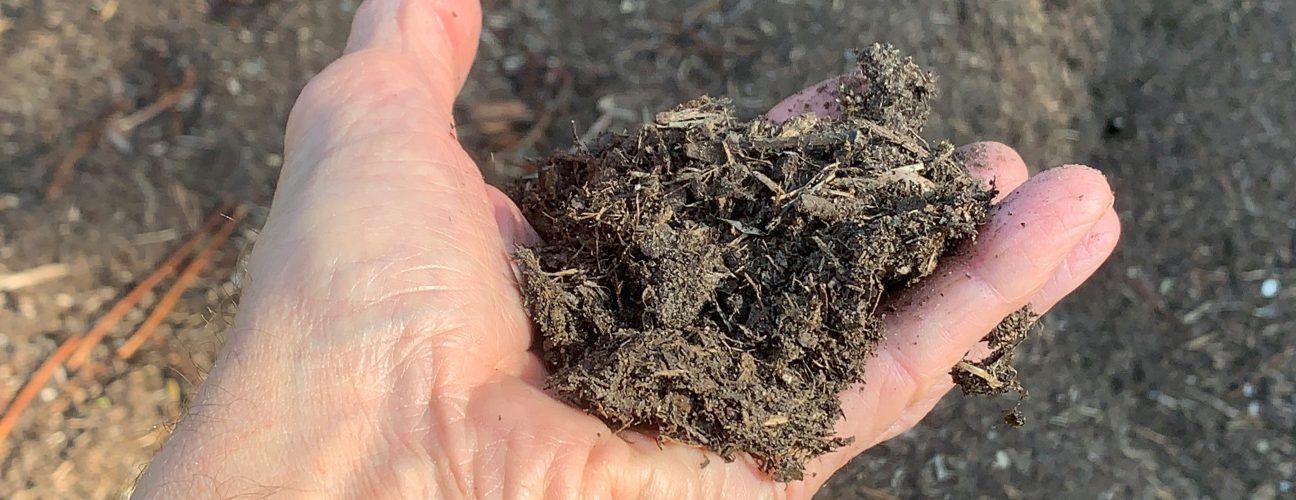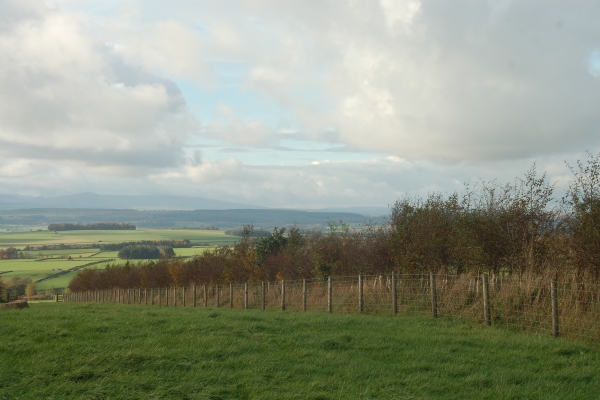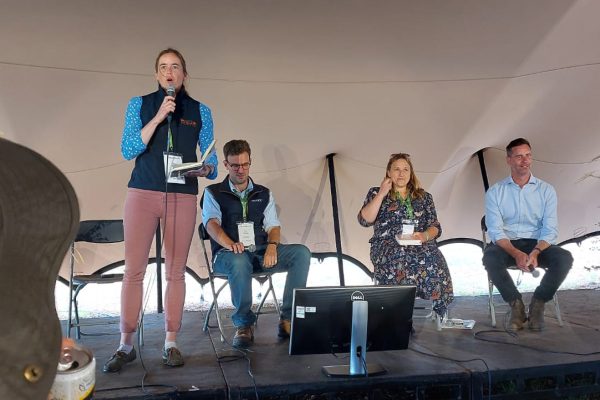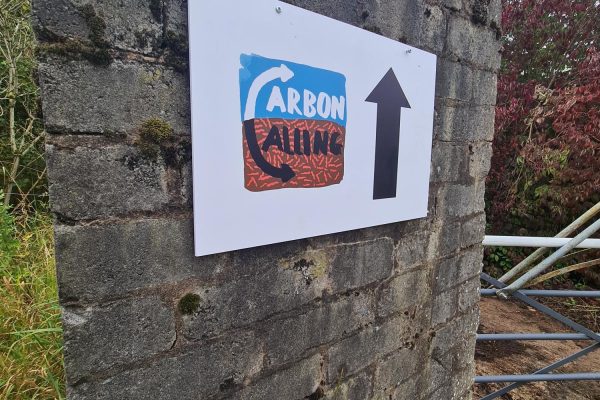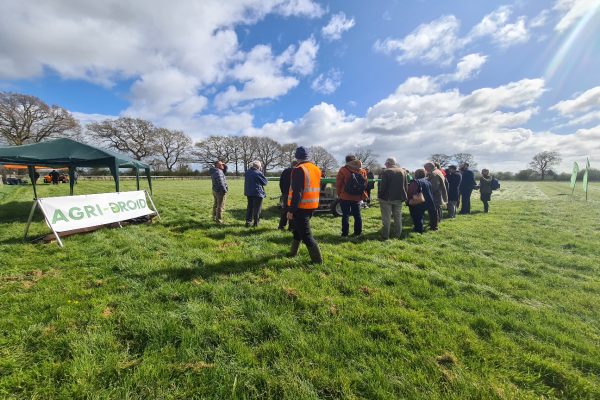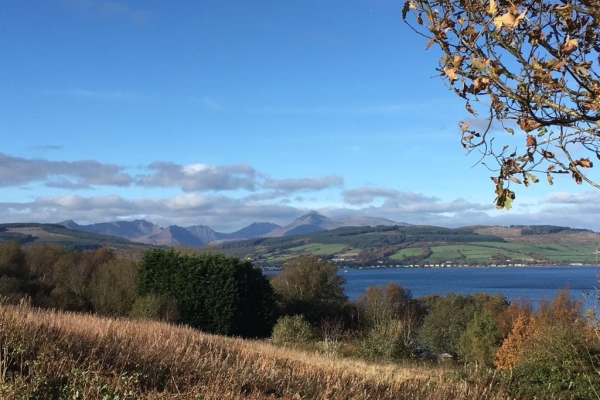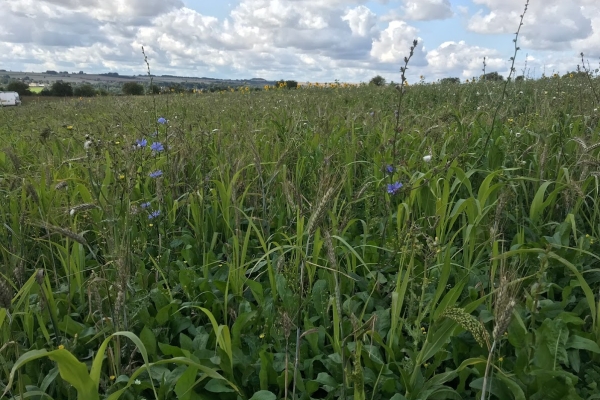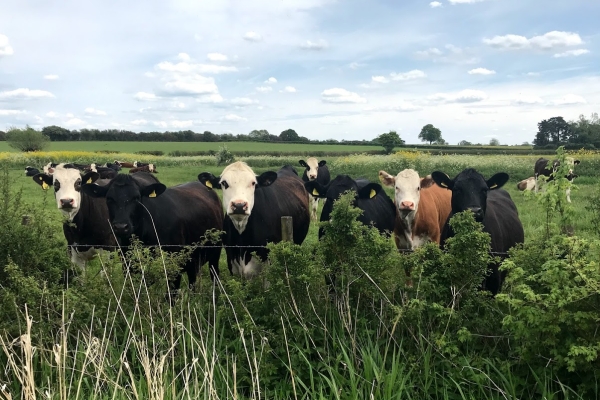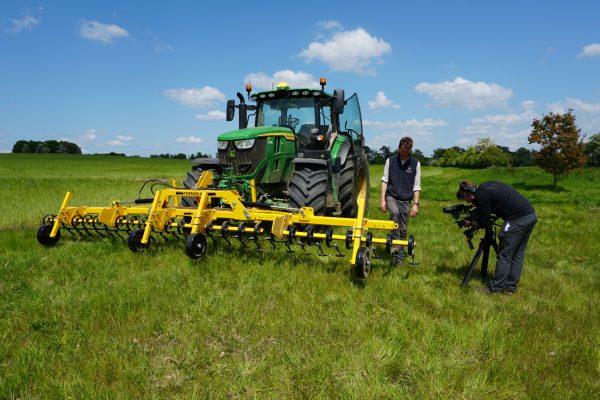De-risking the farming transition – what can we do?
Resource explained
This webinar from AFN Network+ asks how collective insurance and green financing could help de-risk and unlock the transition to more sustainable farming systems. Farmers are under immense pressure and transitioning farming practices can feel daunting – and risky – in those first few years. For many farmers, this can be enough to stop them taking that leap. How could mindset change and coaching also help support the transition? Three speakers – Zainab Oyetunde-Usman, Carolien Samson and Doug Wanstall – from academia, banking, and farming, share their latest research and business experience, including the viability of collective landscape-scale insurance, banking products, and what they’ve learnt from coaching farmers towards more sustainable systems.
Findings & recommendations
- The barriers to a resilient and regenerative transition are mindset, mindset, mindset, mindset and mindset! What causes this reticence to change?
- Business risk, fear of reducing yields, concern over what Defra might to next, ‘it will never work here’ and finance – can’t borrow money – carbon offsets are confusing.
- Barriers can be overcome with a change of mindset, good advice from experienced practitioners, choice of right interventions and good advice. Don’t rely on Defra or government of any colour. Work with recognised, transparent, high integrity schemes.
- There is potential for innovative forms of insurance (e.g. collective farmer insurance) to reduce risk of loss to farmers caused by experimenting with net zero farm practices.
- How can banks support farmers to transition? From Oxbury Bank’s perspective through their Transition Facility they:
- Identify farmers (to lend to) that are undertaking practices that will make them more resilient in the future.
- Indicators are; farmers have calculated their carbon footprint, and carbon stored in soils as proxy indicator of soil health. Banks need evidence through ongoing monitoring that change is occuring.
Read the Briefing This briefing based on the webinar discussion is written by Nina Pullman, food systems writer for AFN, and edited by Jez Fredenburgh, Knowledge Exchange Fellow for AFN; the transcript has been lightly edited to paraphrase in parts.
